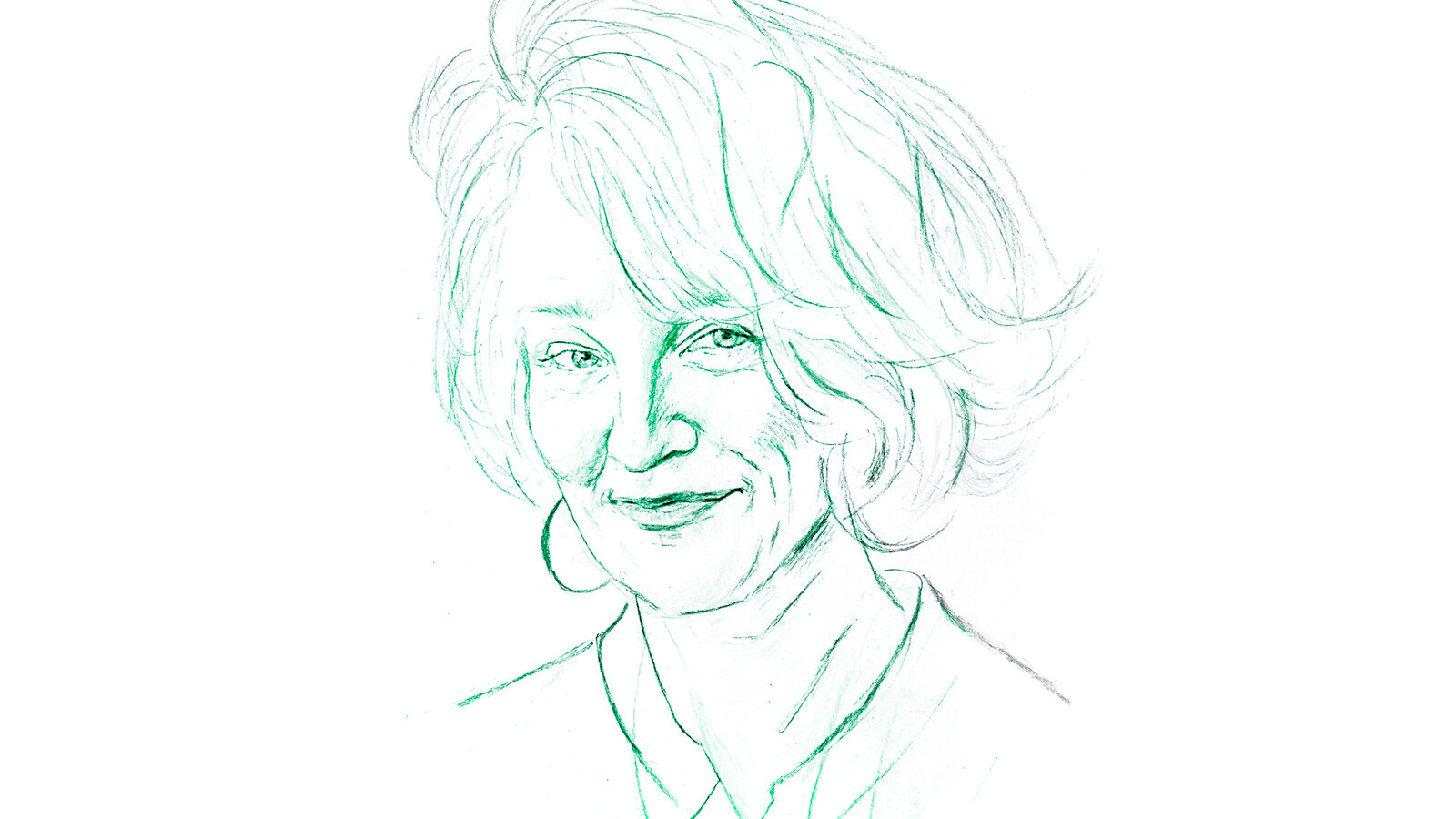Divine Dialogue Dilemma: Unpacking the Spiritual Conversation Taboo

In the complex landscape of human conversation, few topics are as nuanced and challenging as religion and spirituality. Krista Tippett, the renowned host of the podcast "On Being," has dedicated her career to exploring these profound dimensions of human experience with remarkable depth and compassion.
Tippett's approach to discussing spirituality is refreshingly different from the polarized debates that often dominate public discourse. She understands that conversations about faith are deeply personal, requiring genuine listening and empathy. Her work seeks to bridge divides, creating spaces where people can share their spiritual journeys without judgment or defensiveness.
Through her interviews and writings, Tippett reveals that meaningful dialogue about spirituality isn't about winning arguments, but about understanding. She encourages people to move beyond superficial labels and stereotypes, inviting them to share the rich, complex stories that shape their beliefs.
What makes Tippett's approach so powerful is her recognition that spirituality is not a monolithic concept. It's a deeply individual experience that evolves, changes, and reflects the intricate tapestry of human emotion and understanding. By creating platforms for authentic, respectful conversation, she helps people recognize the shared humanity that transcends religious boundaries.
Her work reminds us that true communication about spirituality requires vulnerability, curiosity, and a willingness to listen—not just to respond, but to genuinely understand.
